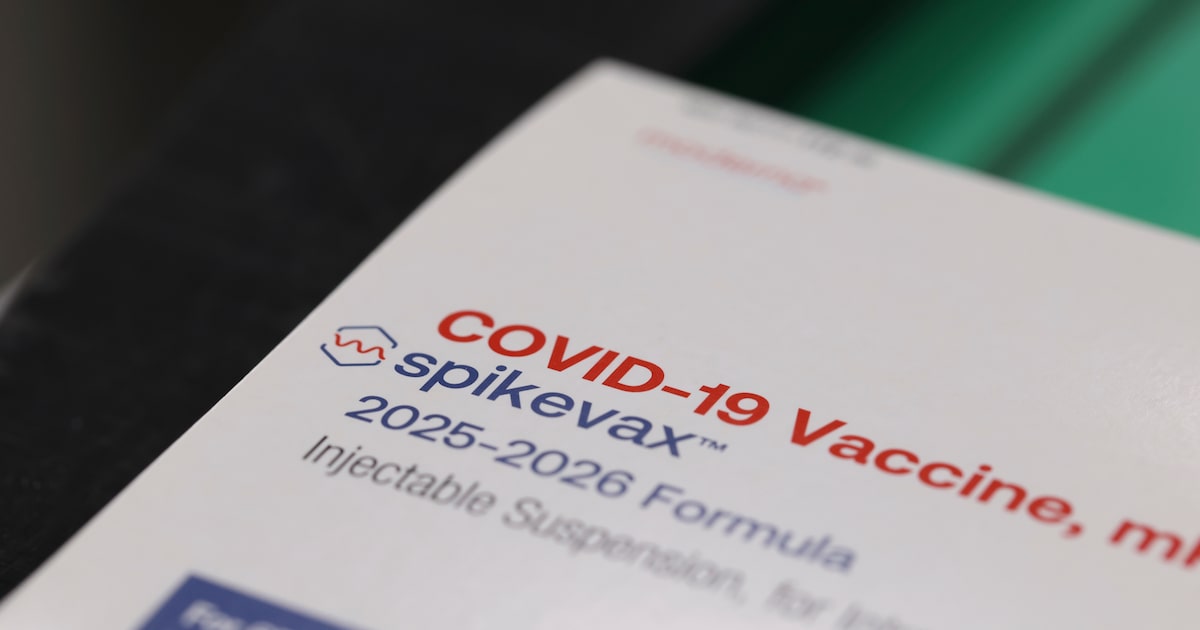Cases of COVID-19 are spiking in Texas as a new variant spreads across much of the U.S.
COVID variant XFG, nicknamed Stratus, accounts for three-fourths of COVID cases in the U.S., according to the Centers for Disease Control and Prevention. First detected in January of this year, the strain is a highly contagious offshoot of the Omicron variant.
The surge is hitting Texas particularly hard. Nearly 18% of tests reported to the CDC from Texas, Oklahoma, New Mexico, Arkansas and Louisiana were positive for COVID. A breakdown by individual states was not available, but the positivity rate nationwide is only 11.2%.
Cases are likely far higher because many people test at home and do not report the results.
D-FW Public Health Alerts
Dallas County Health and Human Services Director Dr. Philip Huang said Tuesday that all five wastewater monitoring sites in Dallas County have shown recent increases in COVID. Because case reporting for COVID is no longer mandated, monitoring largely relies on wastewater testing and lab reports from hospitals.
While the rate of COVID is not near the critical levels seen at the height of the pandemic, Huang said residents should take precautions to prevent spread.
“Definitely we’re concerned about it, especially for those populations that are most vulnerable, the older populations and those with underlying health conditions,” Huang said in an interview.
Symptoms of Stratus include congestion, cough, fever, runny nose, fatigue and muscle aches, similar to previous variants. In a report released in June, the World Health Organization says it is monitoring the strain but that it does not appear to pose an additional public health threat compared to other variants.
Stratus recently surpassed the variant Nimbus, better known by its catchier moniker “razor blade throat,” named for the excruciating pain it causes. Patients have likened the sensation to swallowing razor blades or shards of glass. The variant is still spreading, accounting for 14% of cases, according to CDC data.
Confusion over vaccines
The spike in cases comes as widespread confusion about who will be eligible to get a vaccine this fall is growing. In May, U.S. Health Secretary Robert F. Kennedy Jr. announced that COVID vaccines are no longer recommended for healthy children and pregnant women — a move questioned by some public health experts.
The Food and Drug Administration provided new requirements for the shots, saying the vaccine would be available to adults 65 and older and children and younger adults with at least one health problem that puts them at higher risk.
Last month, U.S. regulators announced that new shots from Pfizer, Moderna and Novavax are approved for all seniors. But the Food and Drug Administration narrowed its use for younger adults and children to those with at least one high-risk health condition, such as asthma or obesity.
The American Academy of Pediatrics is still calling for COVID shots for healthy children beginning at 6 months.
Until recently, the U.S. — following guidance from independent experts who advise the CDC — has recommended annual COVID-19 vaccinations for everyone age 6 months and older.
But Kennedy fired every member of that Advisory Committee on Immunization Practices earlier this year. The replacements he selected have yet to make new recommendations.
Approved COVID vaccines are expected to remain effective against both the Stratus and Nimbus variants, according to the World Health Organization.
Dallas County has ordered the updated COVID vaccine but is waiting on delivery from the state, Huang told county commissioners. The county has set up Community Vaccine Clinics where residents can get COVID, flu and RSV vaccines.
The Associated Press contributed to this report.

